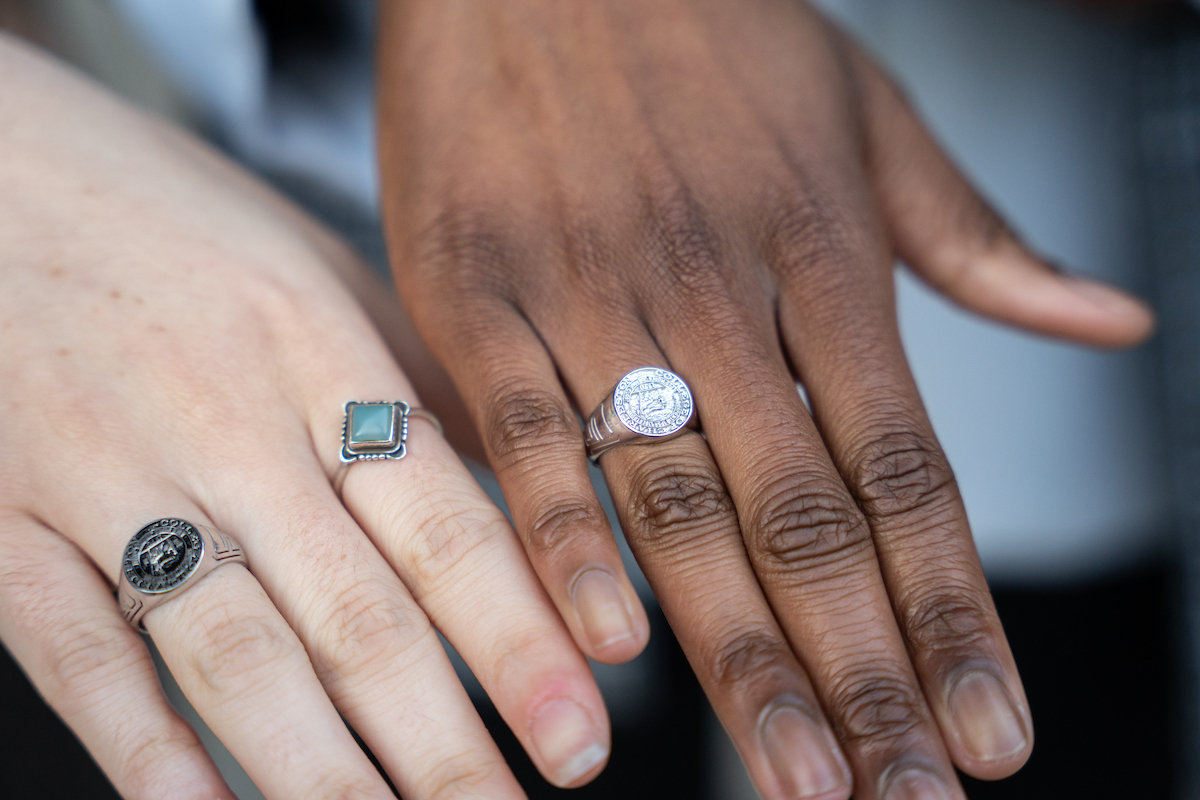Current Health Topics & Updates
Stay healthy. Stay informed.
Check here for updates on current health topics and advisories to help keep you and your fellow Cougars healthy and safe.
Trending Health Topics
-
Reproductive Health Access
We know that for many students, access to reproductive care is a concern. College of Charleston Student Health Services (SHS) will continue to offer individualized counseling to students based on their health care needs. We also work with community referral partners to connect you with needed medical resources or follow-up care.
SHS offers pregnancy testing and gynecological care including screening for sexually transmitted infections and screening for cervical cancer (pap testing).
SHS also provides many contraceptive options for students. Some students may qualify for financial assistance for contraceptives. Students can call Student Health Services at 843.953.5520 to consult with a medical provider or to schedule an appointment.
-
COVID-19
Since the beginning of the COVID-19 pandemic, the College of Charleston has relied on the Centers for Disease Control and Prevention (CDC) for guidance on how to keep our community safe and healthy.
To align our policies with guidance from the CDC, the following protocols remain in place:
- You may return to your normal activities when, for at least 24 hours, both are true:
- Your symptoms are improving overall, and
- You have not had a fever (and are not using fever-reducing medication).
- The 5-day isolation period after a positive infection is no longer required.
- Re-testing after initial positive result is not required.
- Consider wearing a mask 5 days after the fever-free mark to increase prevention strategies.
- Students who need to miss class for illness are to work directly with their professors in accordance with the attendance policies outlined in the syllabi.
Campus Resources and Information
COVID-19 Testing
If you would like a medical evaluation for COVID-19, call Student Health Services at 843.953.5520 for assistance. Students, faculty, and staff may also purchase at home COVID tests on the Student Health Services marketplace.
Health Resources
Students can contact Student Health Services at 843.953.5520, Monday – Friday, 8:30 a.m. – 5 p.m. Additionally, the Medical University of South Carolina currently offers 24/7 virtual care to College of Charleston students for a small fee.
- You may return to your normal activities when, for at least 24 hours, both are true:
Measles
-
What is measles and how is it spread?
Measles is a highly contagious virus spread through the air by coughs and sneezes. It can remain in the air for up to two hours after an infected person leaves.
Symptoms include fever, cough, runny nose, conjuctivitis, white spots in the mouth, and a rash that starts at the top of the head and moves spreads downwards.
Measles is infectious 4 days before and 4 days after the onset of this rash.
To prevent the spread of the Measles, two doses of the Measles, Mumps, and Rubella (MMR) vaccine is highly recommended. It is also encouraged to:
- wash hands frequently and thoroughly
- stay home and away from others when sick
- disinfect high touch areas
-
Measles Immunization Requirements
Vaccination is the primary means of prevention against Measles. One dose of the MMR vaccine gives 93% effectiveness while two doses gives 97% effectiveness.
As such, documentation of two MMR doses is required for attendance at the College of Charleston. Students may also submit a blood test demonstrating immunity (also known as a titer), or a notarized medical or religious exemption waiver to opt out of this requirement. This requirement does not apply to students born before 1956 as this population is generally considered immune to Measles.
In the event of an on-campus outbreak, you may be required to leave campus for up to two weeks after the last Measles case is confirmed or for a period defined by public health officials if you:
- are partially vaccinated
- submitted a religious or medical exemption waiver
- are missing documentation in your Student Health Portal
The best way to avoid academic disruption or financial impacts is to receive vaccination or provide proof of prior vaccination.
If you submitted an exemption waiver or fall into a category for exception, your status (although not the details of the exemption) may be shared with other college officials as needed to coordinate services (housing, dining, etc.) and to prevent the spread of the virus.
-
How do I check my immunization status?
You can check your immunization status in the Immunizations tab of your Student Health Portal.
If you need assistance locating your immunization records or uploading proof of immunization through your Student Health Portal, please contact Student Health Services at (843) 953.5520. You can read the Immunizations page for more information about the College of Charleston's immunization requirements and policies.
-
What should I do if I think I have measles?
Measles is a highly contagious, airborne virus. If you believe you have been exposed or have symptoms of measles, please stay home and away from others.
Also, please contact Student Health Services at (843) 953.5520 immediately for screening and next steps.
Students who believe they may have measles or have been exposed to someone who has measles should immediately mask and try to isolate to the best of their ability. Student Health Services should be contacted for next steps regarding testing, support, and possible isolation needs. Student Health Services will work with the Department of Public Health and local providers to ensure the best care of our students and our community.
- Resources
Related News

What Do We Love About CofC? So Many Things!

Annual CofC Ring Ceremony Celebrates Tradition and History

Numbers Game: The College of Charleston to Host Regional High School Math Meet